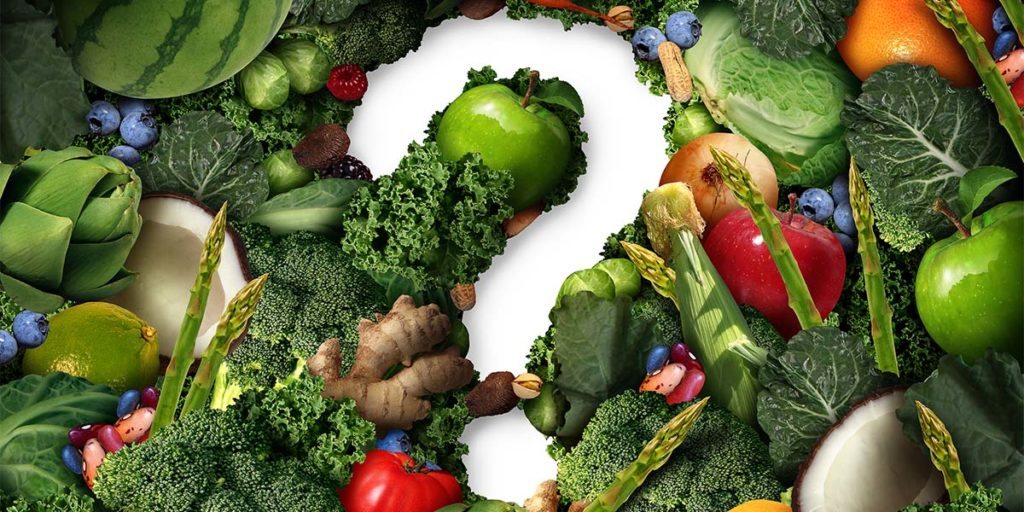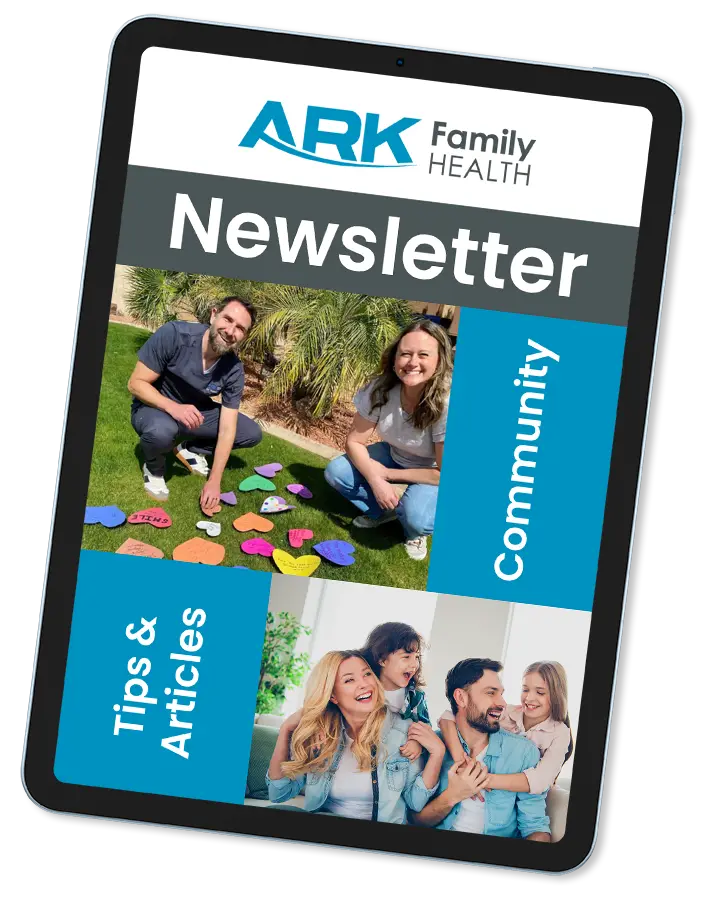Should you choose Whole30?
Many patients ask me about Whole30, and as someone who has been through the program myself and is a physician, this is what I tell them.
Pros:
The biggest pro of Whole30 is the emphasis on whole, unprocessed food. The link between processed food and cancer and other diseases is well documented. Learning how to shift your diet away from these foods may (and probably will) save your life. The big question is whether Whole30 can and will help you make a long-term shift from these foods.
The other main value of Whole30 is the promotion of whole plant foods. The best evidence I’m aware of suggests that eating whole plants is the best thing we can do for our health. I did a Whole30 diet about two years ago. I felt good while I was doing it, and I felt like I was able to gain a healthy awareness of what I was eating. I’m glad I did it because of what I learned in the process, but I don’t routinely recommend it to my patients for the reasons below.
Cons:
The biggest con of Whole30 is the lack of evidence that it is good for you. As I said above, there is good evidence for eating less processed food, and there is great evidence for eating whole plants, but that doesn’t mean that any diet that includes those things is “a good diet.” In fact, there is little evidence that going on any “diet” is good for you and some evidence it might be bad for you. Speaking of evidence, how does one come up with a list of such specific rules without citing any scientific studies on their website? I don’t know what the process was, but when I’m deciding what to tell patients, I need to have some scientific articles to back me up. In this case, though, it is still hotly debated; there is good evidence that whole grains can be good for your health, but I have not seen evidence that legumes are bad for you. Where is the evidence? That’s the most important question in science, but what worries me just as much about the Whole30 diet is its encouragement of meat.
Though I am not a vegan and do not suggest that meat needs to be eliminated from the human diet, there is plenty of evidence to suggest that overconsumption of meat (especially red meat) is a probable contributing factor to heart disease and cancer.
What happens after Whole30?
The Whole30 diet lasts 30 days. Many people don’t know what comes after those 30 days. If you look deep into their website or read chapter 20 of their book, you see that they say you shouldn’t feel guilty about letting some non-Whole30 foods creep into your diet. I do know people who forgot to read that fine print and feel very guilty about what they are eating because it’s not “real food.” Guilt and overindulgence are closely connected with disease, and they don’t make you happy.
Conclusion
In the end, I don’t think there is anything wrong with a well-informed person doing a Whole30 experiment on themselves as long as they see it as an experiment and are well-informed that the best evidence suggests mostly plant-based diets.





